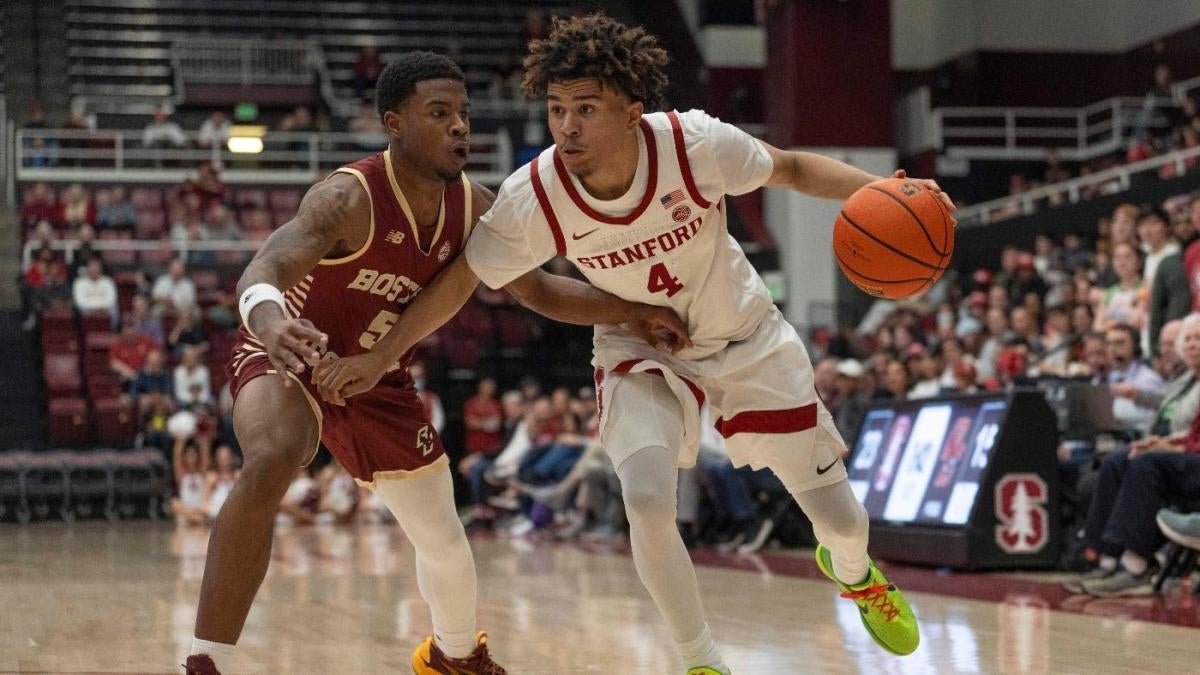(This article is part of Today’s Cache, The Hindu’s newsletter on emerging themes at the intersection of technology, innovation and policy. To get it in your inbox, subscribe here.)
Apple to switch to OLED displays
Apple will switch to organic light-emitting diode (OLED) displays for all its iPhone models that are sold in 2025, reported the business outlet Nikkei. The premium gadget-maker is set to move away from liquid crystal displays (LCDs), meaning that Japan’s Sharp Corp. and Japan Display may no longer have a major role to play in Apple display manufacturing supply chains. Instead, China’s BOE Technology and South Korea’s LG Display could be roped into the process to provide for Apple’s OLED needs. However, the concerned companies have not yet confirmed or denied the report.
OLED displays, largely found on premium or ultra-premium gadgets, deliver cleaner contrasts and bolder blacks. This results in what feels like more colourful media output with fewer distortions in tint, and increased nuance in shading.
Nvidia faces financial and legal issues
Nvidia shares saw a 9.5% drop on Tuesday (September 3, 2024), amidst investor concerns about AI technology and its costs, leading to the deepest ever single-day decline in market value for a U.S. company, reported Reuters. Nvidia lost $279 billion in market capitalisation, while Intel has dropped by nearly 9%.
In addition to this, the chipmaker is facing antitrust hurdles, as the U.S. Department of Justice sent a subpoena to Nvidia, per Bloomberg News. Officials are reportedly looking to see if Nvidia customers are finding it difficult to switch to other providers or whether users are being forced to rely exclusively on Nvidia offerings.
Starlink to comply with Brazil’s X block
Elon Musk’s satellite internet offering Starlink will cut users’ access to his social media platform X in Brazil, even as the country’s court judge Alexandre de Moraes ordered the company’s accounts to be frozen, in order to pay fines. Starlink has more than 2,00,000 customers in the country, and Brazil’s telecom regulator Anatel claimed that Starlink first refused to block access to X. However, the internet company allegedly backtracked later.
Musk and de Moraes are strongly critical of each other, with the latter demanding that X name a legal representative in the country or get blocked. X claimed that its legal representative was threatened with arrest, and Musk shared images making fun of the judge. Though X is accessible by VPN in Brazil, those doing so could be penalised.












